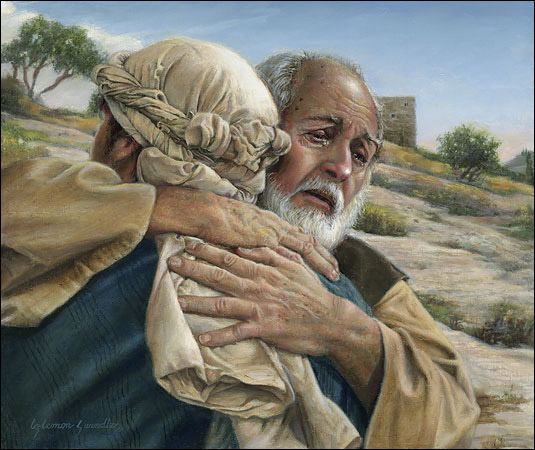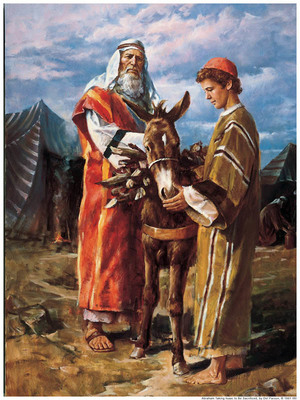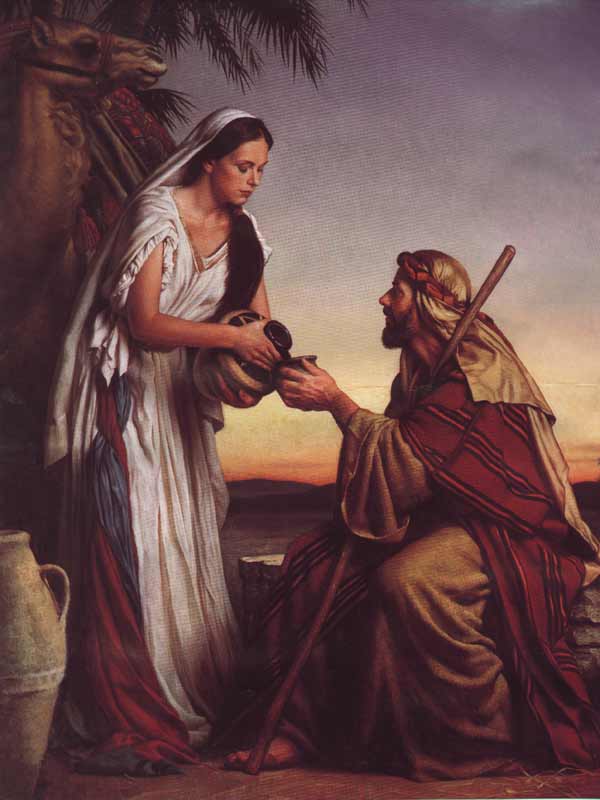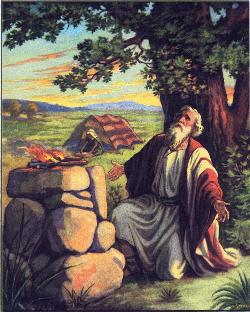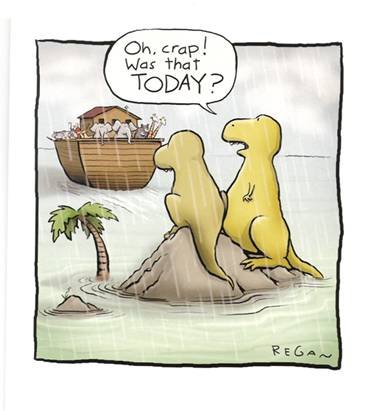 David's life was racked with scandal and failure, just like any other life. The king described in the Bible as a "man after [God's] own heart" was in fact a murderer, adulterer, and at times prideful individual. He shirked his responsibilities as king and would sometimes rather lavish in his wealth rather than do what the Lord had anointed him to do. For example, when David first saw Bathsheba on the roof he was being lazy and reclining in his palace when he should have been out leading his army in battle. The first verse of 2 Samuel 11 says
David's life was racked with scandal and failure, just like any other life. The king described in the Bible as a "man after [God's] own heart" was in fact a murderer, adulterer, and at times prideful individual. He shirked his responsibilities as king and would sometimes rather lavish in his wealth rather than do what the Lord had anointed him to do. For example, when David first saw Bathsheba on the roof he was being lazy and reclining in his palace when he should have been out leading his army in battle. The first verse of 2 Samuel 11 says"And it came to pass, at the return of the year, at the time when kings go out to battle, that David sent Joab, and his servants with him, and all Israel; and they destroyed the children of Ammon, and besieged Rabbah. But David tarried at Jerusalem."
Had David been doing what he was supposed to be doing he would not have been lying on his roof and would not have spotted Bathsheba and their subsequent affair likely would have never taken place.
David also took a census of the children of Israel when he had been explicitly told not to. In 2 Samuel 24 and 1 Chronicles 21 we see that God allowed David to be tempted into taking a census of the children of Israel. David, giving in to his pride, gave in to Satan's temptation and numbered the children of Israel. Many scholars debate why he did this but the general consensus is that David was trusting in the size of his military rather than in God for victory. Whatever the case, we see David's pride cause him to stumble.
We also see David make mistakes in other areas. The story of Mephibosheth is another good example. In 2 Samuel 16 David is deceived by Mephiboshet's servant Ziba and gives all of Mephibosheth's to him based off of his deception. Thankfully David gets the opportunity to correct this mistake, but it's yet another example of David's humanity.
Now, none of this is to bring shame upon David or belittle him. He was still an amazing servant of God. But, this should also serve as a point of inspiration for us. David was by no means perfect. He made many mistakes, some of which were grievous errors that cost the lives of others. However, in all these things God counted him as a man after His own heart! How amazing is that?! We serve a God that is a God of forgiveness, no matter what you've done. No matter how many times you fail, if we honestly seek after Him, confess those failures, and truly seek to live a life of repentance He is faithful to forgive us! Also, despite the many shortcomings and humanity of David, God still used him to do AMAZING things, illustrated by the fact that David is still revered as one of the greatest kings of Israel today.
Take home lesson: Don't let your failures and shortcomings stand in the way of letting God use you. God is powerful enough to work through those to use you for His glory!



